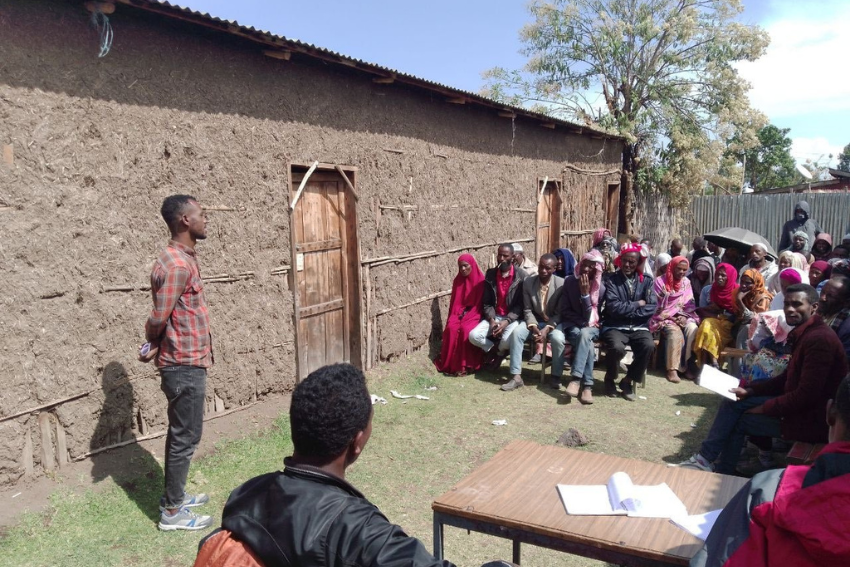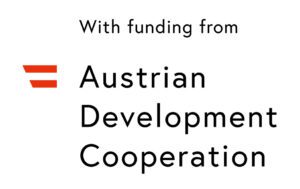
Worldwide 1.5 billion (!) people live in areas ravaged by conflict and violence. Such as on the border between Kenya and Ethiopia, where tensions have existed for decades due to a combination of factors. Together with local civil society organisations, VSO wants to structurally improve the lives of people in this region and has submitted an application to the Austrian Development Cooperation (ADC) for a Call for Proposals for the Humanitarian-Development-Peace (HDP) Nexus. And with success! The proposal was selected and the Austrian Development Cooperation has decided to support this important work with EUR 1.5 million. This will enable us to work on peace and stability in the coming years, so that sustainable development and poverty reduction become possible. This will benefit 157,000 people. Anne Judith Harrop was as technical advisor at VSO involved in the application and talks about this innovative new project.
“The border between Ethiopia and Kenya has a long and complex history of conflicts,” says Anne Judith. “There is pressure over access to water and land, which is exacerbated by climate change, resulting in drought, hunger and poverty. Many different ethnic groups live in the cross-border region with different ways of living and livelihoods, some are sedentary pastoralists, others herders that move for grazing land. The two ways of life and customs can come into conflict, especially over access to resources and how to resolve disputes. Many people are moving because they are constantly looking for water and food for their livestock, and for themselves. In addition, there is smuggling, trafficking and crime in the border region which contribute to conflicts. It makes the region very unstable. At the same time, it is difficult to come up with a structural solution, because two governments are involved, each with different priorities and systems.
“The fact that they were so enthusiastic about our project, is of course a huge compliment.”
In the coming years, VSO will – with the financial support of the Austrian Development Cooperation – collaborate with local civil society organizations in the cross-border region to work with local communities to identify and tackle underlying problems. Anne Judith: “We find it important that we work with existing organizations and solutions that are proposed by the people themselves. We involve all groups in this, taking into account, of course, that the voice of disadvantaged groups (such as women and young people) is also heard. In addition to that, we will also be building capacity and strengthening local government responses to build peace in the region.”
As with many programs, the project will start with a ‘risk vulnerability assessment’, a process that enables communities to identify and prioritise the causes of grievance from their perspective and to identify what they see as solutions: “This process is led by local volunteers so that the program is well rooted in society and is done with many different groups to ensure the range of perspectives are heard. The communities develop an action plan, in which we also support them to deliver. This may be through capacity building on knowledge and skills they need to deliver the community action plan for example on climate resilient livelihoods, establishing seedbanks, dialogue and mediation skills and community systems to resolve grievances peacefully, bridging connections between communities and duty bearers so communities can advocate for their rights and have their voices heard. The community own the responsibility to deliver the action plan. VSO and partners facilitate, build bridges and capacity build where necessary to build resilient communities and systems.”
The Austrian Development Cooperation found our volunteer approach innovative and interesting; she tells. “They saw the added value of being truly rooted in society. We also had experience with the ’triple nexus’ concept: programs that combine peacebuilding, humanitarian responses and sustainable development, and the skills to implement them, as well as expertise in both Kenya and Ethiopia. The fact that they were so enthusiastic about our project, is of course a huge compliment.”
The Integrating peacebuilding, development, and humanitarian efforts on the Kenya and Ethiopia cross border (IPDHE) program will start in September 2022 and run until October 2024.

